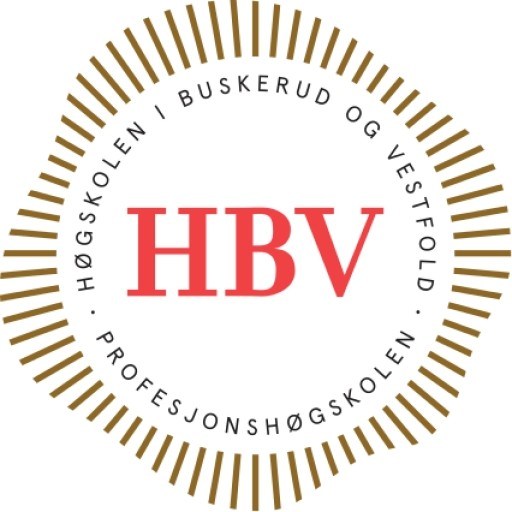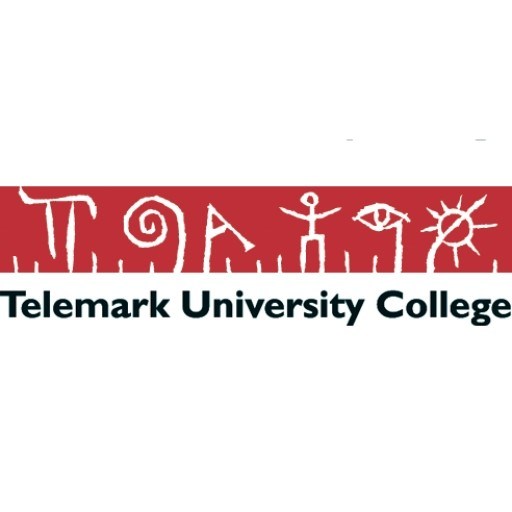Photos of university / #ntnu
Marine Technology at the Norwegian University of Science and Technology (NTNU) is a comprehensive engineering program designed to prepare students for the dynamic and innovative maritime industry. The program combines solid foundational knowledge in engineering principles with specialized expertise in marine systems, vessel design, offshore technology, and sustainable maritime practices. Students will gain insight into the design, construction, operation, and maintenance of ships, offshore platforms, and maritime equipment, equipping them with the skills necessary to address the technical challenges faced by the shipping industry, renewable energy sectors, and maritime engineering projects.
Throughout the curriculum, emphasis is placed on practical experience and the application of theoretical concepts in real-world scenarios. Students will engage in extensive project work, laboratory exercises, and internships to develop hands-on capabilities. The program covers key areas such as ship hydrodynamics, marine propulsion, control systems, structural analysis of maritime structures, and environmental considerations in maritime operations. Students will also learn about emerging technologies like autonomous vessels, digitalization in shipping, and sustainable development within the maritime sector.
NTNU’s state-of-the-art facilities, including labs and simulation environments, provide an ideal setting for learning and experimentation. The program also collaborates closely with industry partners, ensuring that students are exposed to current industry practices, standards, and innovations. Graduates from this program will be well-equipped for careers in shipbuilding, offshore engineering, maritime operations management, and research and development in the maritime industry.
This program aims to cultivate engineers who are not only technically proficient but also environmentally conscious and capable of leading innovative projects in the marine sector. As part of NTNU's commitment to sustainability and technological advancement, students will be encouraged to explore eco-friendly technologies and contribute to the development of greener maritime solutions. Graduates will also possess the multidisciplinary skills needed to adapt to the rapidly evolving maritime landscape, making them highly sought after by employers worldwide.
In summary, Marine Technology at NTNU offers a rigorous and comprehensive education that integrates engineering expertise, practical skills, and industry collaboration to prepare students for a successful career in one of the world’s most vital and innovative industries.
The Master’s programme in Marine Technology at the Norwegian University of Science and Technology (NTNU) offers a comprehensive education designed to equip students with advanced knowledge and practical skills necessary for a successful career in the maritime industry. The programme focuses on the design, construction, operation, and maintenance of ships and offshore structures, integrating core engineering principles with specialized topics relevant to marine technology. Students will explore various disciplines including naval architecture, marine engineering, offshore engineering, and marine electronics, providing a multidisciplinary approach essential for tackling contemporary challenges in the maritime sector.
Throughout the programme, students are encouraged to develop their problem-solving skills, technical expertise, and innovative thinking through hands-on projects, laboratory work, and collaboration with industry partners. The curriculum emphasizes sustainable and environmentally friendly maritime practices, reflecting the global shift towards greener shipping and offshore operations. Courses cover essential areas such as hydrodynamics, structural mechanics, propulsion systems, materials science, safety and risk management, and automation of marine systems.
In addition to technical competencies, the programme aims to strengthen students’ soft skills, including teamwork, project management, and communication, preparing them for leadership roles within international maritime companies, shipyards, offshore service providers, and research institutions. The program also offers opportunities for specialization in areas like offshore energy, ship design, or marine electronics, allowing students to tailor their studies to their career ambitions.
The programme duration is typically two years, with the opportunity for students to undertake industry internships or research projects during their studies, providing invaluable real-world experience. Graduates of the Marine Technology programme are highly sought after, thanks to NTNU’s strong industry connections and reputation for excellence in engineering education. They are well-equipped to contribute to the safe, efficient, and sustainable development of maritime and offshore industries worldwide. With a diverse and international student body, the programme fosters a global perspective on marine engineering issues, preparing graduates to work effectively across different cultures and geographic regions.
Financing studies for the Marine Technology program at the Norwegian University of Science and Technology (NTNU) are designed to support both Norwegian and international students throughout their educational journey. Norwegian students typically benefit from a comprehensive state-funded educational system that minimizes tuition costs, as university education in Norway is largely free for domestic students. However, students are responsible for semester fees, which usually cover student welfare services, access to campus facilities, and memberships in student organizations. These fees are relatively modest, generally ranging from 300 to 600 euros per year.
International students from outside the European Union/European Economic Area are also charged tuition fees, which vary depending on the program and level of study. For the Marine Technology program, tuition fees are approximately 12,000 to 20,000 euros per year, payable per semester or annually. NTNU offers a variety of scholarship opportunities aimed at reducing the financial burden for talented international students. These scholarships may cover part or all of the tuition fees and sometimes provide a stipend for living expenses. Eligibility criteria typically include academic excellence, motivation, and sometimes specific country of origin or financial need.
Students can also explore external funding options, such as governmental grants, private scholarships, and international education loans. Many students finance their studies through personal savings, family support, or part-time work, though part-time employment opportunities for international students are limited due to visa regulations. The university's Career Services office provides guidance on job opportunities both on and off-campus.
Living costs in Trondheim, where NTNU is located, should be considered as part of the overall financing plan. Estimated monthly expenses for students include accommodation, food, transportation, study materials, and leisure activities, totaling approximately 900 to 1,200 euros. Students are encouraged to plan their finances carefully to ensure they can cover tuition fees, living expenses, and unforeseen costs during their studies.
In summary, while Norwegian students may benefit from low or no tuition fees, international students should budget for tuition costs, semester fees, and living expenses. Scholarship programs, external funding sources, and careful financial planning are essential to successfully finance studies at NTNU in Marine Technology. The university promotes diversity and inclusivity by providing financial aid options and guidance to prospective students to support their educational ambitions.
The MSc in Marine Technology at the Norwegian University of Science and Technology (NTNU) is a comprehensive, research-driven program designed to prepare students for advanced roles within the maritime industry. This program combines fundamental engineering principles with specialized knowledge related to ship design, offshore technology, marine operations, and sustainable maritime development. It aims to develop not only technical expertise but also skills in project management, innovation, and environmental considerations, reflecting the evolving demands of the maritime sector.
Students enrolling in this program have the opportunity to learn about maritime systems, vessel and offshore platform design, automation, and control systems, as well as the logistics and safety aspects pertinent to marine operations. The curriculum emphasizes interdisciplinary understanding, integrating mechanical, electrical, and naval architecture engineering to provide a holistic perspective on marine technology challenges and solutions. Course modules include ship hydrodynamics, materials technology, marine electronics, and sustainable ship design, often supplemented by practical laboratory work and simulation exercises.
The program is structured to foster innovation and research, encouraging students to engage in projects addressing real-world maritime issues such as reducing emissions, increasing energy efficiency, and developing new offshore energy solutions. Collaboration with industry stakeholders and research institutes is a significant aspect of the program, providing students with valuable industry insights and networking opportunities.
Graduates of the MSc in Marine Technology are well-equipped to pursue careers in shipbuilding, offshore engineering, maritime safety, environmental management, and technology innovation. The program also provides a solid foundation for those interested in pursuing doctoral research or careers in academia. Throughout the studies, there is a strong emphasis on sustainable development practices and the application of new technology to ensure the future viability of the marine industry in a changing global climate.
The program typically spans two years, with opportunities for specialization and elective courses to tailor the degree according to individual career interests. Facilities include advanced laboratories, simulation centers, and access to industry-standard software tools, facilitating high-quality practical training and experimental research. Graduates often find employment within shipping companies, offshore service providers, maritime technology firms, and governmental agencies related to marine and environmental sectors. Overall, the MSc in Marine Technology at NTNU offers a highly relevant and rigorous education, preparing students to lead technological innovations and sustainability initiatives in the maritime industry worldwide.



